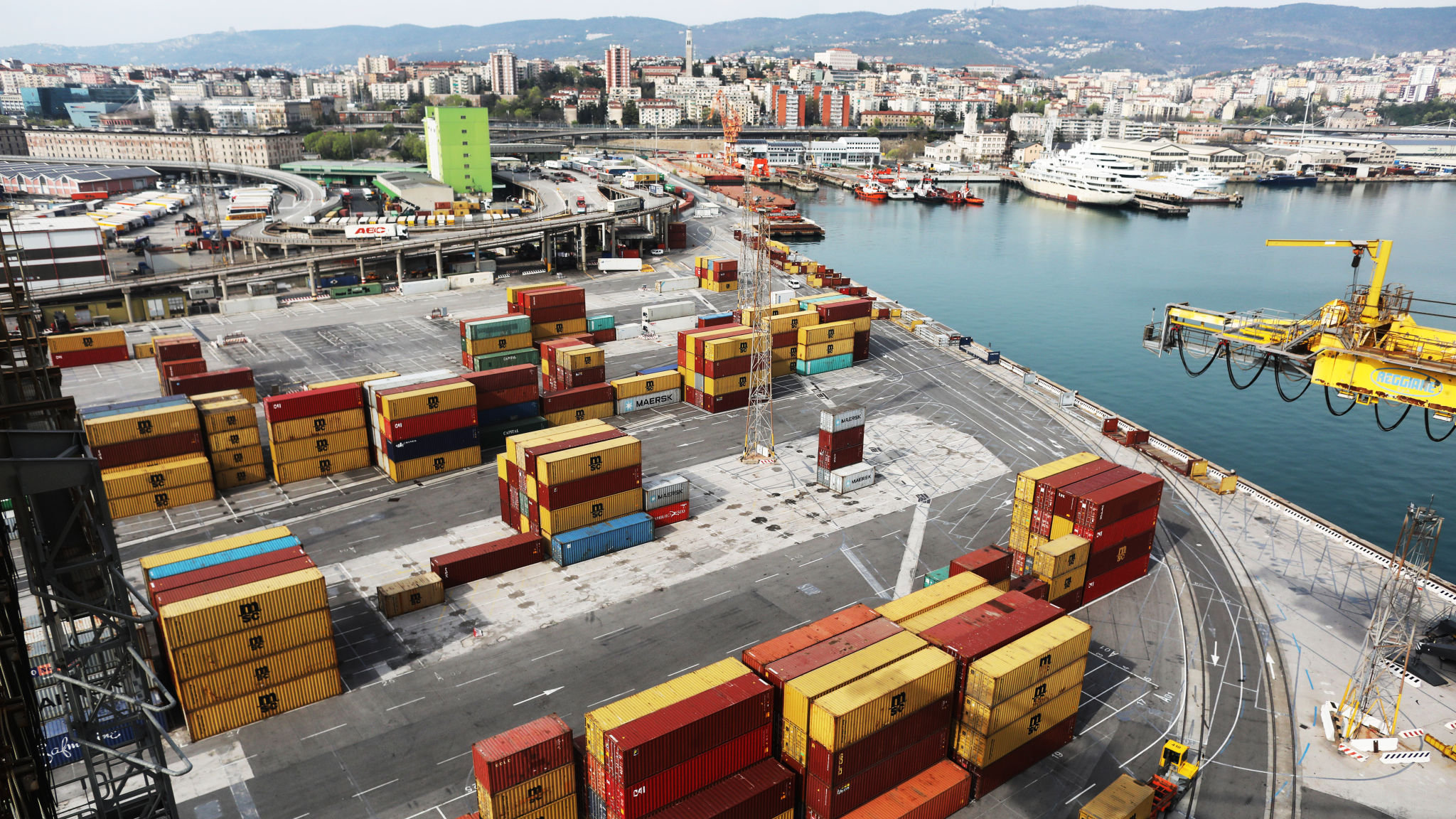If you are looking for an investment opportunity, then SSOIF offer a unique chance to make money outside of the traditional stock market. Freeports offer investors not only potential financial rewards but also significant tax advantages and creative ways to diversify portfolios. They are an ideal way to enter international markets while securely handling goods and assuring protection from customs duties. In this blog post, we will explore what exactly freeports are, the benefits they provide investors and strategies around utilizing them as part of your overall portfolio management plan.
Definition of Freeports – what they are and how they can benefit from economic development
Freeports are areas that are designated as free trade zones where goods can be stored, manufactured and imported without being subject to customs duty or tax. The main benefit of Freeports is to attract investment and encourage economic growth by creating jobs and increasing exports. They create opportunities for businesses to grow and expand by reducing administrative burdens and providing access to specialist skills and infrastructure. In addition, they are considered to be a useful tool in creating a global trading hub, with the ability to connect supply chains and support international trade. Freeports provide a way for businesses to gain a competitive edge, and offer a unique environment for experimentation and innovation. Overall, Freeports are an exciting opportunity for businesses to operate in a freer, more flexible business environment that encourages growth and promotes international trade.
Challenges Faced by Freeports
As the world becomes increasingly globalised, freeports present themselves as an attractive option for businesses seeking a tax-efficient and secure location for their goods. However, the challenges associated with running a freeport are undeniable. One of the biggest challenges is the risk of money laundering and the illicit trade of goods. This concern, coupled with the need for tight security measures, means that freeports are heavily regulated and subject to strict standards. Another challenge is the potential for exploitation of workers, particularly in countries that lack strong labour laws. Despite these obstacles, freeports remain a significant player in international trade, offering a range of benefits that continue to attract businesses.
Different Types of Freeports – Tax-free Zones, Bonded Warehouses and Free Zones
Freeports are crucial for many types of businesses because they offer a variety of benefits. In general, they are designated areas that function as extensions of international territory. Within these zones, you can find a few different types of freeports. Bonded warehouses, for example, are used primarily for the storage of goods that have yet to clear customs. Free zones, on the other hand, are designed to encourage economic development in a region by providing special incentives, such as tax holidays and reduced import duties. Tax-free zones, as their name suggests, are areas that are exempt from taxes altogether, making them perfect for businesses that are looking to minimise their overheads. Depending on their needs, different types of freeports will appeal to different kinds of businesses.
Regulatory Framework for Setting Up Freeports
Setting up freeports can be a complex process involving various regulations and legal frameworks. One important aspect to consider is the regulatory framework for the location where the freeports will be established. Regulations may differ from country to country, which can affect the process of setting up freeports. In the United Kingdom, the regulatory framework is established by the government and is subject to change. Understanding the regulatory framework and staying up-to-date with any changes is crucial for businesses seeking to establish freeports. Additionally, hiring experts who specialise in navigating these regulations can help ensure a smooth establishment process for the freeports.

